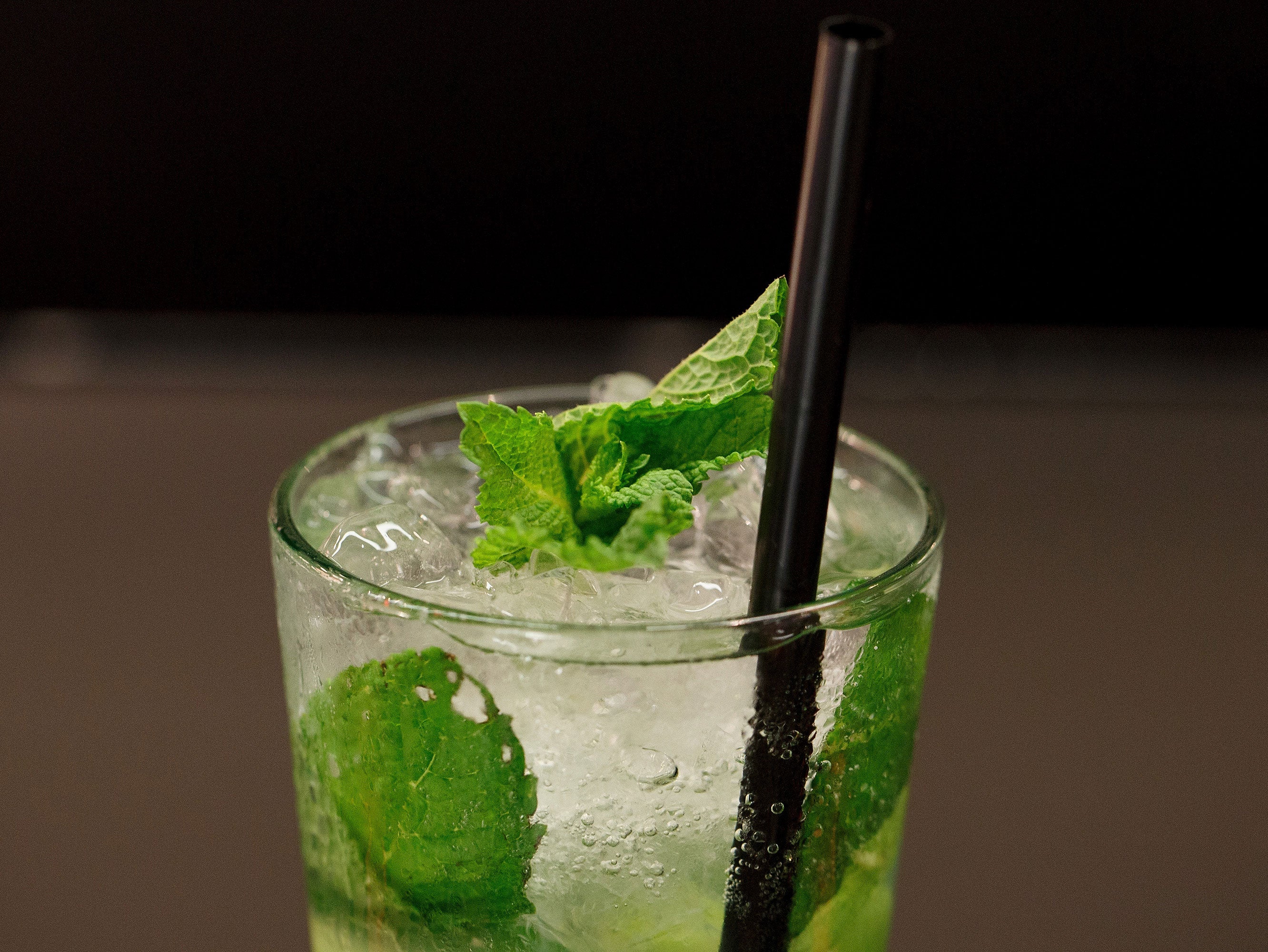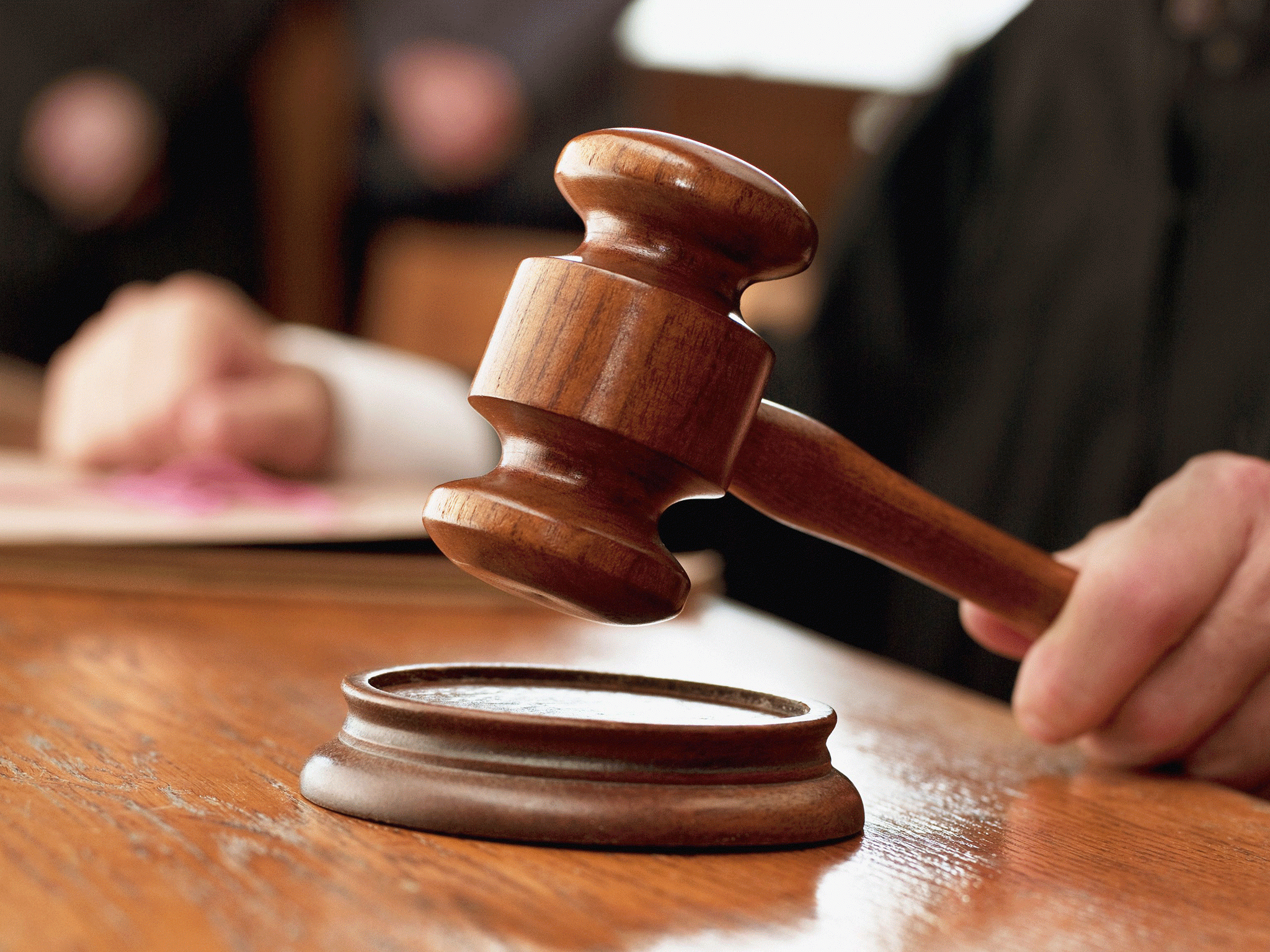Getting drunk on your own front porch is not illegal, rules US court
Judges in Iowa feared that convicting a woman for 'public intoxication' on her front steps would risk making JD barbecue sauce potentially illegal

Your support helps us to tell the story
From reproductive rights to climate change to Big Tech, The Independent is on the ground when the story is developing. Whether it's investigating the financials of Elon Musk's pro-Trump PAC or producing our latest documentary, 'The A Word', which shines a light on the American women fighting for reproductive rights, we know how important it is to parse out the facts from the messaging.
At such a critical moment in US history, we need reporters on the ground. Your donation allows us to keep sending journalists to speak to both sides of the story.
The Independent is trusted by Americans across the entire political spectrum. And unlike many other quality news outlets, we choose not to lock Americans out of our reporting and analysis with paywalls. We believe quality journalism should be available to everyone, paid for by those who can afford it.
Your support makes all the difference.A supreme court in the US has re-affirmed the right for people to be drunk on their own front porches in a ruling saying that “sipping a mojito on a breezy summer day” should not be a crime.
Patience Paye, a 29-year-old woman from the city of Waterloo, had taken her case to appeal after being convicted of “public intoxication”.
A district court rejected her argument that the front steps of her house were private but the Supreme Court of Iowa reversed the previous findings in a judgement issued on Friday.
Judges voiced concern that the case would set a precedent effectively criminalising drinking outside at home.

“If the front stairs of a single-family residence are always a public place, it would be a crime to sit there calmly on a breezy summer day and sip a mojito, celebrate a professional achievement with a mixed drink of choice, or even baste meat on the grill with a bourbon-infused barbeque sauce - unless one first obtained a liquor license,” Justice Daryl Hecht wrote in the unanimous ruling.
“We do not think the legislature intended Iowa law to be so heavy-handed.”
Ms Paye called police to her home in June 2013, saying she was the victim of domestic violence.
But after interviewing her and her partner, officers concluded that she was the “aggressor” in their fight, despite injuries to her arms.
Accepting the man’s claim that Ms Paye punched him in the eye because he would not hand over her car keys, police interviewed her and conducted a breath test that found her blood alcohol concentration to be 0.267 – three times the drink-drive limit.

She was arrested for public intoxication and domestic assault, a charge which was later dropped, and taken to the police station.
The Supreme Court ruling said that the disturbance had taken place inside the house and Ms Paye only chose to walk out to the front porch afterwards, to speak to officers away from her children.
But the district court judge convicted her of intoxication after concluding that the area public because it was accessible, visible to passers-by and someone could hypothetically enter the porch to knock on the door.
Ms Paye's lawyer, Rachel Regenold said the dismissal marked an important property rights and personal liberty ruling, the Associated Press reported.
“There was a concern how this could be extended if the court had found that front steps or front porches were public,” she added.
In ordering the case dismissed, the Supreme Court noted that Iowa is among only a few states to criminalise public drunkenness and that others specifically forbid prosecutions solely for public intoxication.
In the UK, being “drunk and disorderly” in public is a criminal offence, although people are rarely arrested and usually only when their behaviour is threatening, abusive or violent.
Join our commenting forum
Join thought-provoking conversations, follow other Independent readers and see their replies
Comments